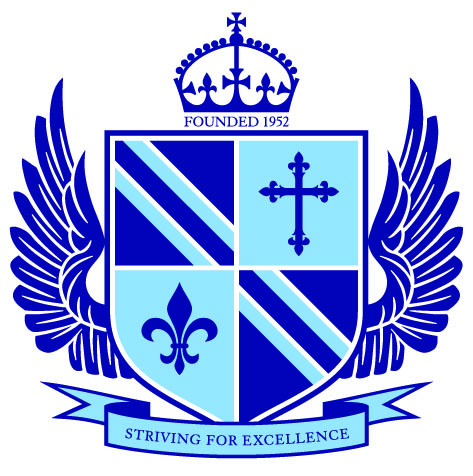Sociology A Level
SPECIFICATION LINK: 7192
TITLE: AQA Level 3 Advanced GCE in Sociology (601/3994/8)
COURSE INFORMATION
Module 1
- Education
- Role and functions of the education system
- Differential educational achievements of social groups in contemporary society
- Relationships and processes within school
- Significant of educational policies and the impact of globalisation on educational policy
- Theory and Methods
- Quantitative and qualitative methods
- Sources of data and distinctions between primary and secondary data
- Positivism, interpretivist sociological methods and ethical influences
- Consensus, conflict and social action theories
- The concepts of modernity and post-modernity
- The relationship between theory and methods
Module 2
- Families and Households
- Relationships of family and social structure
- Industrialisation and Urbanisation
- Changing patterns and diversity
- Demographic trends in the UK since 1900
- Nature and extent of change: Gender roles
- Domestic labour
- Power relationships
- Child status and childhood
Module 3
- Beliefs in Society
- Different theories
- Its role as a conservative force and initiator of change
- Cults, sects, denominations and churches
- Relationship between religious beliefs, organisations and social groups
- Secularisation
Module 4
- Crime and Deviance
- Explanation of crime, deviance, social order and control
- Social distribution of crime
- Age, social class, ethnicity, gender and locality
- Globalisation and crime in contemporary society
- Role of the criminal justice system
ASSESSMENT STRUCTURE
Paper 1: Education with Theory and Methods
- 2 hours. One third of A Level
Paper 2: Family and Beliefs in Society
- 2 hours. One third of A Level.
Paper 3: Crime and Deviance with theory and methods
- 2 hours. One third of A Level
OTHER INFORMATION
To study Sociology is to study the very fabric of the way we live, what affects our lives, and to understand the way the society that we live in works. It asks you to develop an understanding of the diversity of our culture and the way it is differentiated and stratified.
ROUTES FOR PROGRESSION
It is an ideal preparation for any career that involves presenting clear, logical arguments, understanding people and dealing with the complex way we relate to each other. It is also an excellent option to study alongside English, History, Government and Politics, Religious Studies, Geography and Psychology.
